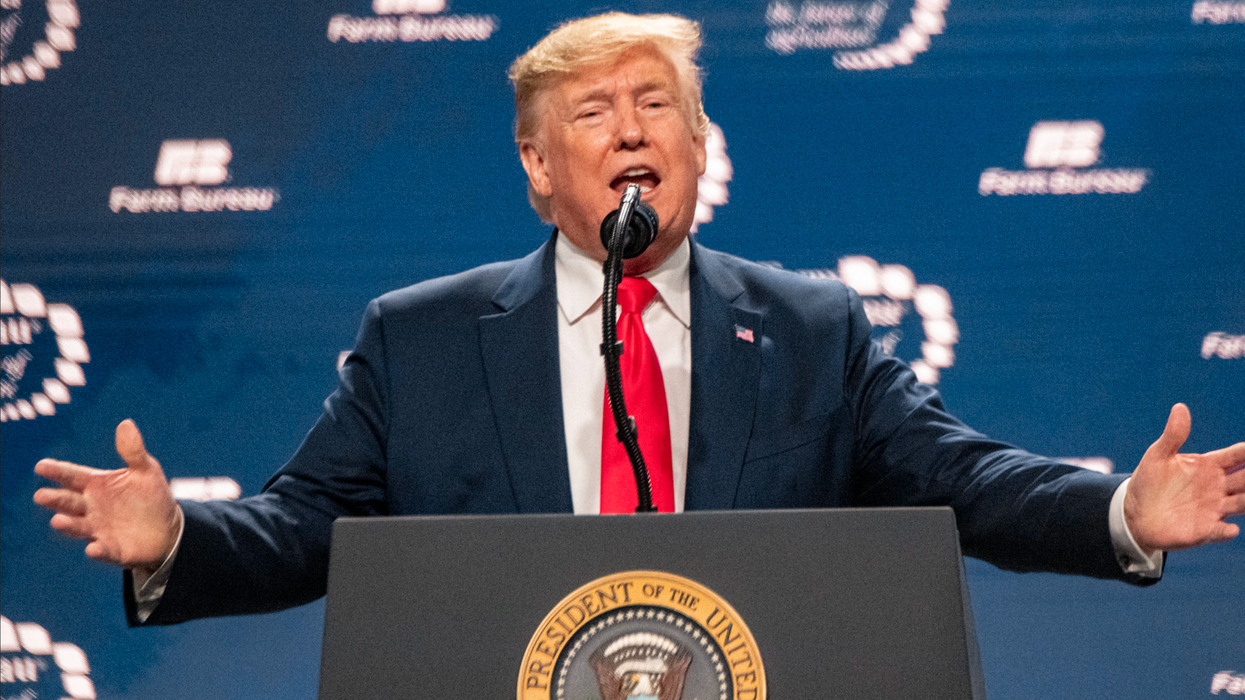Although the 2024 presidential election was close — Donald Trump, according to the Cook Political Report, won the national popular vote by roughly 1.4 or 1.5 percent — the president-elect had a major advantage in rural areas.
Trump, The Atlantic's Ronald Brownstein notes in an article published on December 13, won Rural America "by even larger margins than he did in his 2020 and 2016 presidential runs."
The journalist warns, however, that some of Trump's policies could "disproportionately harm" the rural areas that voted for him overwhelmingly.
READ MORE: 'The next recession starts here': Trump team weighs abolishing bank regulators
"Agricultural producers could face worse losses than any other economic sector from Trump's plans to impose sweeping tariffs on imports and to undertake what he frequently has called 'the largest domestic deportation operation' of undocumented immigrants 'in American history,'" Brownstein explains. "Hospitals and other health providers in rural areas could face the greatest strain from proposals Trump has embraced to slash spending on Medicaid, which provides coverage to a greater share of adults in smaller communities than in large metropolitan areas."
Brownstein adds, "And small-town public schools would likely be destabilized even more than urban school districts if Trump succeeds in his pledge to expand 'school choice' by providing parents with vouchers to send their kids to private schools."
The Atlantic editor notes that although "resistance to such measures in deep-red rural areas" is a possibility, the "most likely scenario is that elected Republicans who represent rural areas will ultimately fall in line with Trump's blueprint."
"If so," Brownstein reports, "the effects will test whether anything can loosen the GOP's grip on Small-Town America during the Trump era, or whether the fervor of his rural supporters provides Trump nearly unlimited leeway to work against their economic interests without paying any political price."
READ MORE: 'Chomping at the bit': Trump victory has red states feeling 'emboldened' to push far-right agendas
Ronald Brownstein's full article for The Atlantic is available at this link (subscription required).


